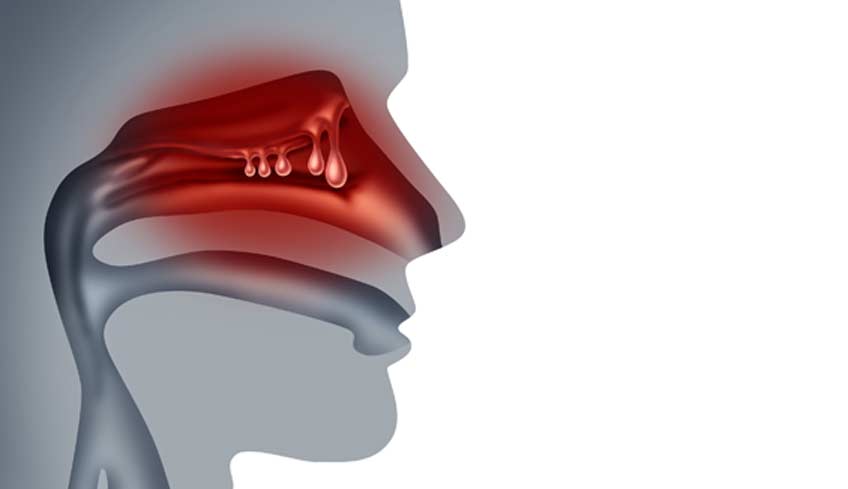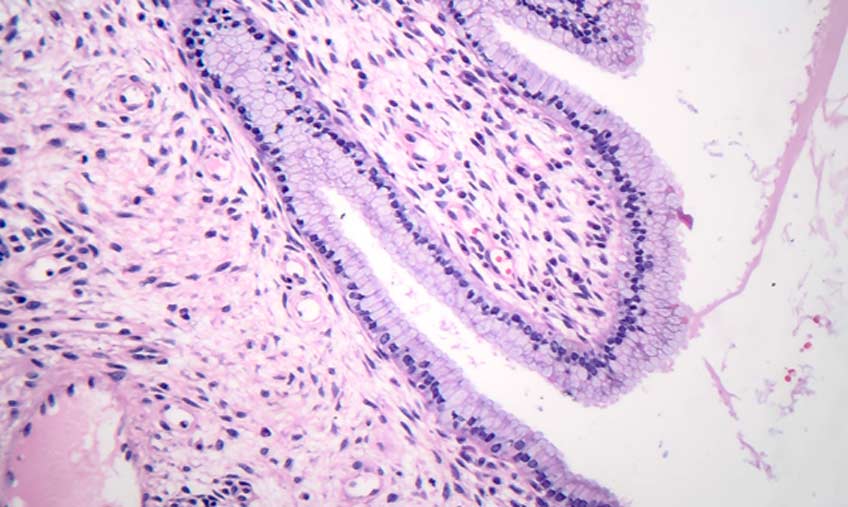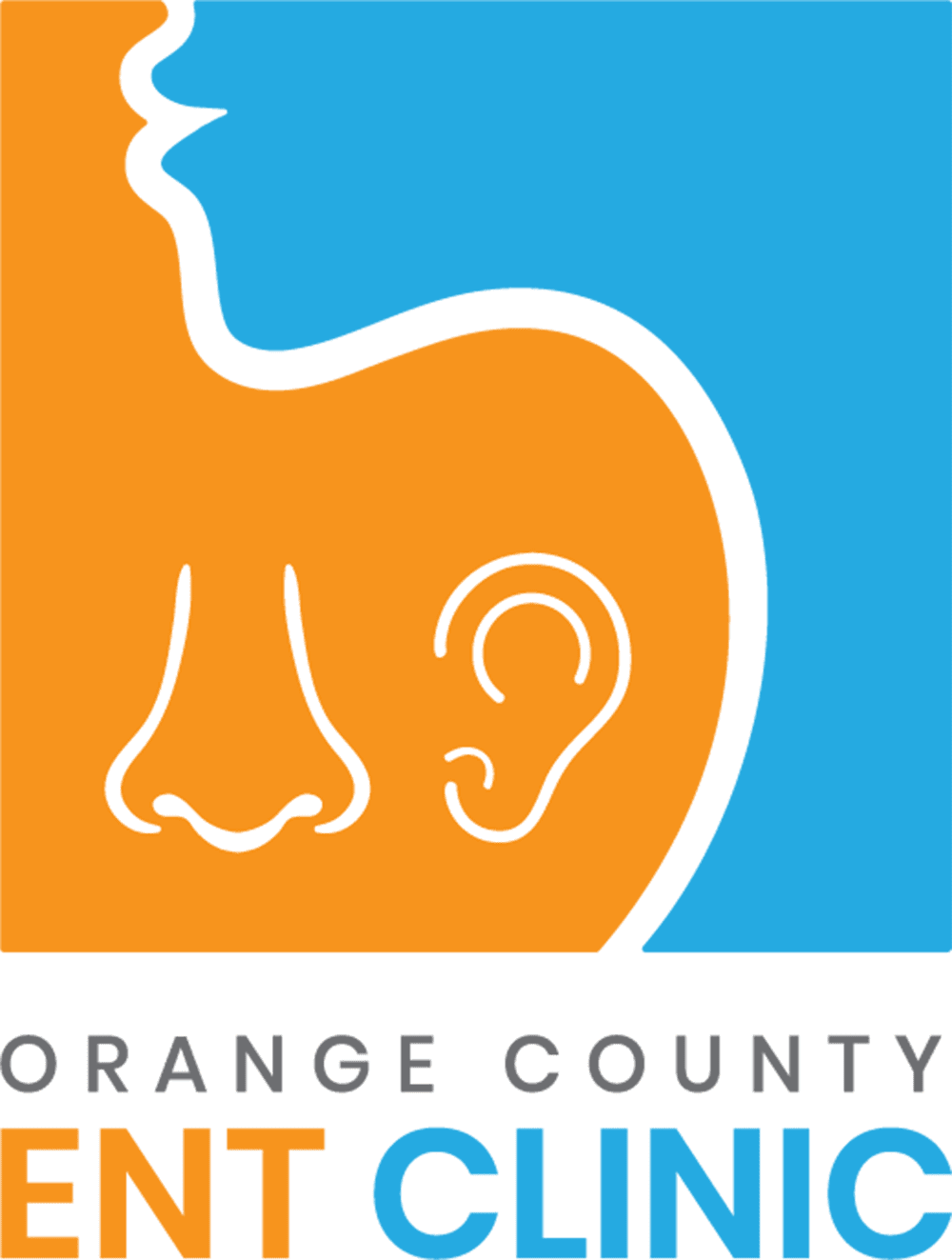
More common in men and adults 40 and over, nasal polyps are non-cancerous growths that develop within nasal passages, nostrils, or sinuses.
These growths are painless and sometimes non-symptomatic. However, polyps may become large enough to cause a blockage or contribute to persistent irritation. Medication may help manage symptoms, but surgery could be necessary if discomfort is severe or breathing problems are serious.
What Causes Nasal Polyps to Form?
Chronic inflammation is a common result of nasal polyps. But it’s not known what causes them to develop in the first place. One theory is that polyps in nasal passages may form due to an immune system response to certain chemical markers. Having asthma, sensitivity to aspirin, chronic sinusitis, and inflamed blood vessels are some of the risk factors that may increase the odds of developing nasal polyps.


What Symptoms May Be Experienced?
If nasal polyps do produce symptoms, the mild ones include postnasal drip, a recurring runny nose, sneezing, persistent stuffiness, and difficulty smelling. More severe symptoms associated with nasal polyps may include headaches and facial pain, pressure in the forehead and around the nose, and changes in the ability to taste. Some individuals also report issues with an increased sensitivity to dust, strong odors, and other irritants. Changes in breathing patterns may also contribute to snoring and difficulties with sleep.
How Are Nasal Polyps Diagnosed?
An initial diagnosis is usually made based on symptoms and a patient’s medical history. A special lighted instrument may be used to visually inspect the inside of the nose to view the polyps. A related option is a nasal endoscopy, which is performed with a lighted tool that also has a camera attached to it. With polyps located in deeper areas, a CT scan is sometimes done to identify growths and determine their size. If undiagnosed allergies could be contributing to symptoms, an allergy test may be ordered.
What Non-Surgical Treatments Might Be Recommended?
Non-surgical treatment for nasal polyps is focused on reducing the size of nasal growths, minimizing problematic symptoms, or shrinking and eliminating them altogether. If chronic sinusitis is aggravating symptoms, treatment may involve nasal sprays and medication. In some patients, drug treatments that might include nasal corticosteroids or oral and injectable corticosteroids are able to shrink polyps or make them disappear entirely. Conservative treatment or symptom management may also involve:
- Aspirin desensitization if aspirin sensitivity is contributing to symptoms
- Antihistamines to manage allergy issues
- Antibiotics to reduce related nasal inflammation
How Is Surgery for Nasal Polyps Performed?
If other attempts at treatment or symptom management aren’t successful, surgical removal of nasal polyps may be necessary. It’s common for minimally invasive endoscopic surgery to be performed with special instruments to access the growths in a way that minimizes disruption to sinus cavities or nostrils. Surgery may also be performed to enlarge openings that lead to connect the sinuses with nasal passages to improve airflow.
Nasal polyps sometimes return after surgery is performed. This risk may be reduced by managing existing issues with asthma and allergies and avoiding nasal irritants. Keeping bacterial and viral infections at bay by regularly washing hands may also reduce sources of nasal inflammation and irritation. Proactively using saltwater (saline) spray rinses is another way to improve mucus flow and remove irritants from nasal passages.
